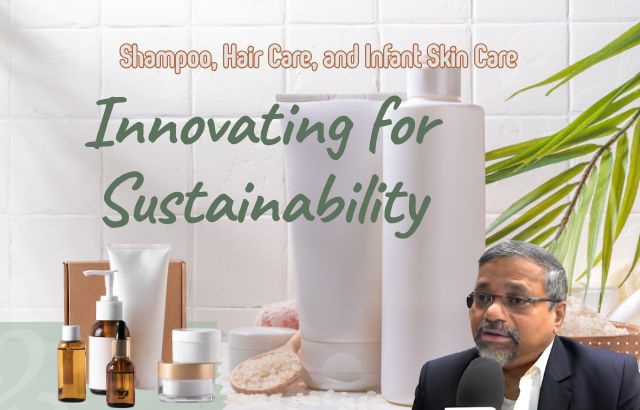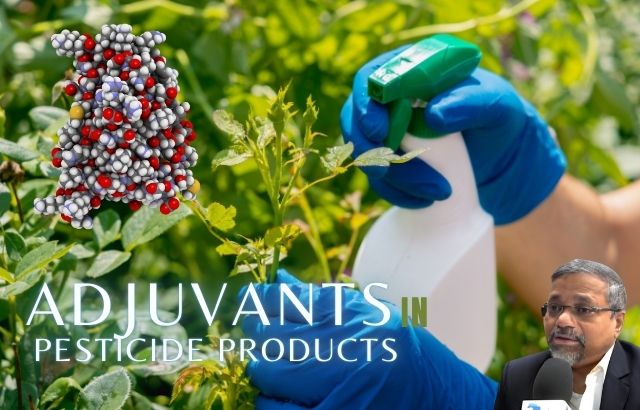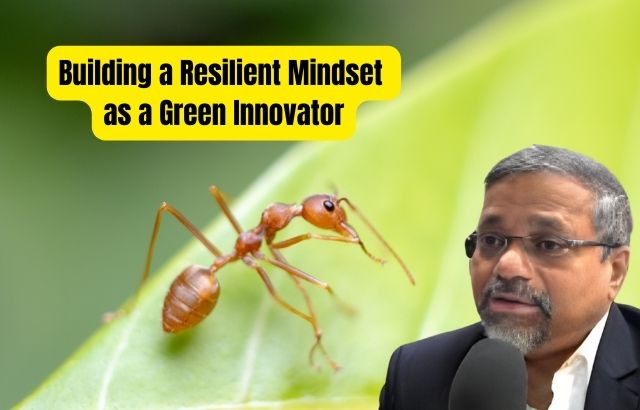The shampoo, hair care, and infant skin care industries are pivotal in personal care, addressing diverse needs from hair nourishment to gentle infant skin protection. As consumer demand shifts toward sustainable and safe products, companies are hiring Green Innovators to drive eco-friendly solutions. This blog explores these industries, highlights companies hiring Green Innovators, provides real-world examples, details the roles of Green Innovators, and shares insights from Agriculture Green Innovator Jaiguru Kadam, including calculations and intriguing statistics. We also address frequently asked questions to guide stakeholders and eco-conscious entrepreneurs.
The Landscape of Shampoo, Hair Care, and Infant Skin Care
Shampoo and Hair Care
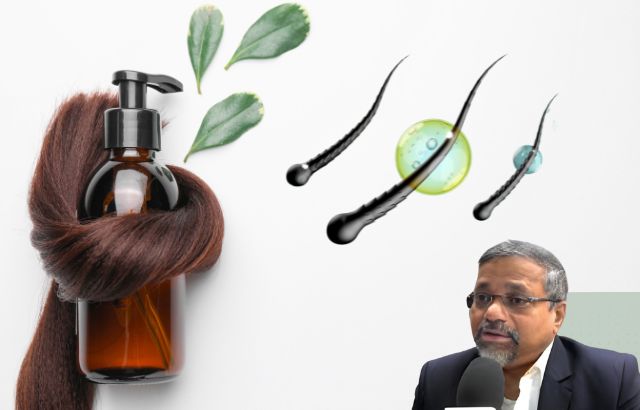
Shampoo and hair care products, including conditioners, serums, and styling products, cater to various hair types and concerns like dandruff, hair loss, and color protection. The global hair care market was valued at $85 billion in 2023, with a projected CAGR of 5.6% through 2030, driven by demand for natural and organic formulations.
- Raw Materials: Plant extracts (e.g., aloe vera, argan oil), surfactants, and natural preservatives.
- Manufacturing Process: Mixing, emulsification, bottling, and eco-friendly packaging.
- Market: Salons, retailers, e-commerce, and private-label brands.
Infant Skin Care

Infant skin care products, such as shampoos, lotions, and creams, are formulated for sensitive skin, avoiding harsh chemicals. The global baby personal care market is expected to reach $175.2 billion by 2034, growing at a CAGR of 6.2%, fueled by parental demand for safe, natural products.
- Raw Materials: Mild ingredients like shea butter, almond oil, and chamomile extracts.
- Manufacturing Process: Gentle formulation, sterile processing, and hypoallergenic packaging.
- Market: Parents, hospitals, and baby care retailers.
Hiring Green Innovators
Companies in both sectors are increasingly hiring Green Innovators to integrate sustainability into product development, reduce environmental impact, and meet consumer expectations for eco-friendly products. These professionals combine expertise in formulation, green chemistry, and sustainable practices.
Why Hair Care Companies Hire Green Innovators: 5 Key Reasons

Companies in the shampoo, hair care, and infant skin care industries hire green innovators and researchers to advance sustainability for these five key reasons, with examples:
- Consumer Demand for Eco-Friendly Products: Consumers, especially in Asia Pacific and Latin America, increasingly prefer sustainable, cruelty-free products. Green innovators develop formulations with natural ingredients like coconut oil or aloe vera and use biodegradable packaging like bamboo containers. Example: Lush’s shampoo bars eliminate plastic bottles, appealing to eco-conscious buyers.
- Regulatory Compliance and Risk Mitigation: Stricter regulations and recalls, like the 2022 dry shampoo recalls due to benzene contamination, push companies to avoid harmful chemicals such as sulfates or parabens. Researchers create safer alternatives like plant-based surfactants. Example: Johnson & Johnson reformulated baby products to remove formaldehyde-releasing preservatives, ensuring compliance.
- Environmental Impact Reduction: The beauty industry generates 120 billion plastic packaging units annually and consumes significant water. Innovators design water-saving products like solid shampoos, which use 25% less water, and source sustainable ingredients like ethically harvested shea butter. Example: Garnier’s “Green Sciences” initiative uses upcycled ingredients and recyclable PET bottles to reduce waste.
- Innovation and Market Competitiveness: In a saturated hair care market, green researchers create novel solutions like biodegradable polymers or refillable systems to stand out. Example: Davines uses renewable energy in production and offers refill stations for shampoos, enhancing market appeal and sustainability.
- Brand Trust and Anti-Greenwashing: With 66% of consumers willing to pay more for sustainable products, companies face greenwashing scrutiny. Researchers ensure transparency with certified organic ingredients or carbon-neutral processes. Example: Burt’s Bees uses third-party certifications like Leaping Bunny and transparent sourcing of beeswax to build trust.
Real-World Examples
- L’Oréal (France): A leader in hair care with brands like Redken and Kérastase, L’Oréal is hiring Green Innovators to develop biodegradable shampoos and sustainable packaging, aiming for 100% recycled or bio-based packaging by 2030.
- Johnson & Johnson (USA): Known for its baby care line, including shampoos and lotions, J&J employs Green Innovators to formulate plant-based, tear-free products and reduce water usage in manufacturing.
- Mamaearth (India): This natural skincare brand offers organic baby shampoos and hair care products, hiring Green Innovators to source sustainable ingredients like oatmeal and avocado for eco-friendly formulations.
- GAR Labs (USA): A contract manufacturer of hair and skin care products, GAR Labs uses solar power for 70–100% of its energy needs and hires Green Innovators to create low-carbon footprint products.
The Role of a Green Innovator
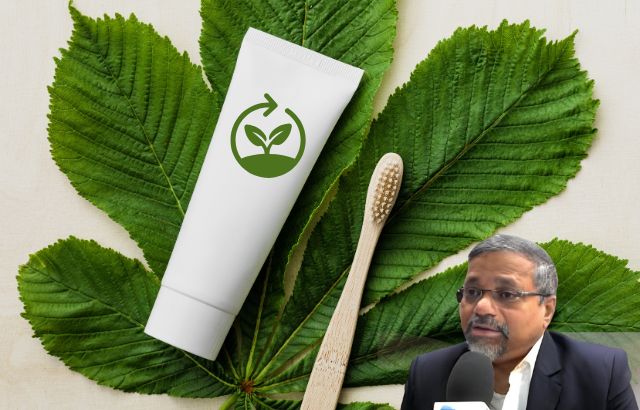
A Green Innovator in these industries is a catalyst for sustainability, ensuring products are safe, effective, and environmentally responsible. Their roles include:
- Sustainable Formulation: Developing shampoos and infant care products with biodegradable, plant-based ingredients to reduce chemical runoff.
- Eco-Friendly Packaging: Designing recyclable or compostable packaging to minimize plastic waste.
- Energy Efficiency: Implementing renewable energy solutions, like solar-powered manufacturing, to lower carbon emissions.
- Supply Chain Optimization: Sourcing raw materials locally or ethically to reduce transport emissions and support fair trade.
- Consumer Education: Promoting the benefits of green products through campaigns and transparent labeling.
Green Innovators ensure these industries align with global sustainability goals, such as reducing plastic waste and chemical pollution.
Insights from Jaiguru Kadam, Agriculture Green Innovator
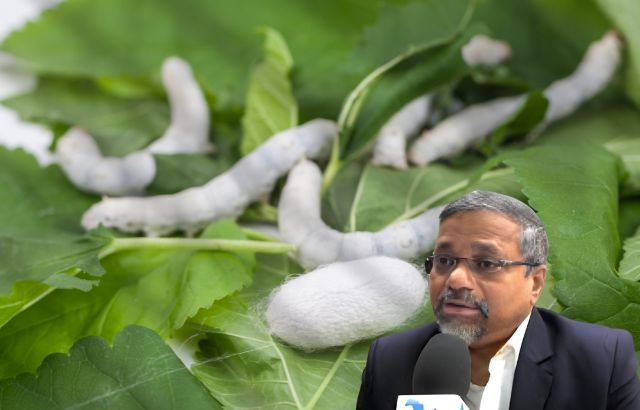
Jaiguru Kadam, a renowned Agriculture Green Innovator from India, has applied his expertise to develop sustainable ingredients for personal care products, including plant-based extracts for shampoos and infant skin care. Below are two calculations by Kadam that highlight the financial and environmental benefits of green innovations in these industries.
Calculation 1: Cost-Benefit Analysis of a Plant-Based Shampoo Production Unit
- Setup Cost:
- Mixing and emulsification equipment: $3,000
- Sustainable raw materials (aloe vera, coconut oil): $1,500
- Biodegradable packaging machine: $2,000
- Total: $6,500
- Annual Revenue:
- Product: Organic shampoo (10,000 liters/year)
- Market price: $5/liter
- Revenue: 10,000 liters × $5 = $50,000
- Annual Operating Costs:
- Labor: $2,500
- Raw materials: $5,000
- Utilities and maintenance: $1,500
- Total: $9,000
- Net Profit: $50,000 – $9,000 = $41,000
- Break-Even Period: $6,500 ÷ $41,000 ≈ 0.16 years (about 2 months)
Kadam’s model shows that a small-scale organic shampoo unit can recover costs in just two months, making it an attractive venture for eco-conscious entrepreneurs.
Calculation 2: Environmental Impact of Biodegradable vs. Plastic Packaging
- Traditional Plastic Packaging:
- Plastic bottles used: 10,000/year
- Plastic waste: 10,000 × 0.05 kg = 500 kg/year
- CO2 emissions from production: 500 kg × 2.5 kg CO2/kg plastic = 1,250 kg CO2/year
- Biodegradable Packaging:
- Biodegradable bottles used: 10,000/year
- Waste: 10,000 × 0.04 kg = 400 kg/year (compostable)
- CO2 emissions: 400 kg × 0.8 kg CO2/kg = 320 kg CO2/year
- Annual Savings:
- Waste reduction: 500 kg – 400 kg = 100 kg
- CO2 reduction: 1,250 kg – 320 kg = 930 kg CO2/year
Kadam’s shift to biodegradable packaging significantly reduces waste and emissions, aligning with sustainable manufacturing goals.
Engaging Info

- Market Size: The global shampoo market was valued at $34 billion in 2023, while the baby shampoo and conditioner market is expected to reach $9.7 billion by 2034.
- Sustainability Trend: 65% of consumers prefer eco-friendly hair and skin care products, driving demand for natural ingredients like aloe vera and shea butter.
- Waste Reduction: Biodegradable packaging can reduce plastic waste by 20–30% in personal care industries.
- Employment: The personal care industry employs over 3 million people globally, with Green Innovators making up a growing segment.
- Adoption Barriers: Only 20% of small manufacturers in developing countries use sustainable practices due to high initial costs, highlighting the need for innovation.
FAQs About Shampoo, Hair Care, Infant Skin Care, and Green Innovators

Q1: What makes a shampoo or infant skin care product sustainable?
A: Sustainable products use natural, biodegradable ingredients, eco-friendly packaging, and low-energy manufacturing processes, often guided by Green Innovators.
Q2: Why are companies hiring Green Innovators?
A: Green Innovators help companies meet consumer demand for eco-friendly products, comply with environmental regulations, and reduce operational costs through sustainable practices.
Q3: How do Green Innovators improve infant skin care products?
A: They formulate gentle, plant-based products free of harmful chemicals and design hypoallergenic packaging to ensure safety and sustainability.
Q4: What are the challenges in adopting green practices in these industries?
A: High initial costs, limited access to sustainable raw materials, and consumer awareness are challenges. Green Innovators address these with cost-effective solutions and education.
Q5: Which companies are leading in sustainable hair and infant skin care?
A: L’Oréal, Johnson & Johnson, Mamaearth, and GAR Labs are notable for hiring Green Innovators to develop eco-friendly products and processes.
Conclusion
The shampoo, hair care, and infant skin care industries are at a crossroads, with sustainability driving innovation. Companies like L’Oréal and Johnson & Johnson are leading the charge by hiring Green Innovators to create eco-friendly products and processes. Green Innovators like Jaiguru Kadam are pivotal, offering sustainable solutions that balance profitability and environmental impact, as shown through their insightful calculations. As consumer demand for natural, safe, and sustainable products grows, these industries offer exciting opportunities for entrepreneurs, manufacturers, and innovators to shape a greener future.

